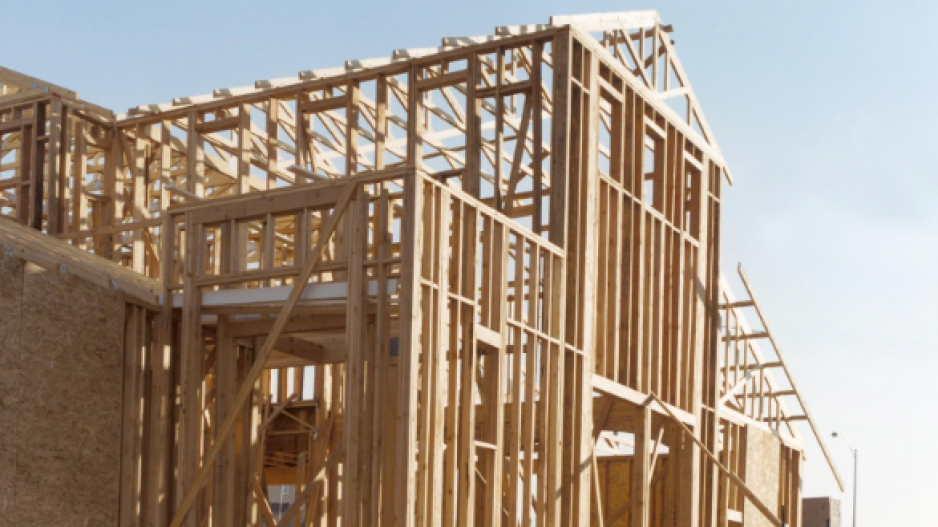Housing supply has been top of mind across Vancouver for many months as more housing advocates, politicians and experts look to solutions in order to meet the demand for affordable housing.
New data from the Canada Mortgage and Housing Corporation (CMHC) shows that in the long-term, housing starts in Metro Vancouver have declined. However, the month of September is showing promise with the seasonally-adjusted annual rate (SAAR) being the highest in Canada since November 2021.
According to CMHC, housing starts for Metro Vancouver declined 23 per cent in the first half of 2022 compared with the same period in 2021. This decline was most pronounced in the condominium market, with 43 per cent fewer units underway during the same period.
Eric Bond, senior specialist for market analysis with CMHC, said it is important to bear in mind that last year saw a period of heightened construction.
“Nonetheless, we note the important decline in condominium construction that flows from the higher interest rate environment, the higher inflation environment, the difficulty in obtaining construction materials and labour, all of which is leading developers to take a more cautious approach to condominium construction,” he said.
In contrast to condominiums, rental starts remained strong and reached a multi-decade high as more policymakers place emphasis on this form of housing. Starts increased by 18 per cent for the first half of 2022 when compared with the same period last year.
The British Columbia Real Estate Association (BCREA) said year-over-year, starts were up by 19.3 per cent from September 2021. In B.C. specifically, starts increased by 10.9 per cent, to a total of 54.3K units SAAR for all areas of the province.
In addition, the BCREA is reporting that starts in the province were 50 per cent above the levels from September 2021. In Vancouver, they were up by 8.8K and 1.3K in Abbotsford, but were down by 4.5K in Kelowna and 1.2K in Victoria.
“August and September were quite strong months, meaning the third quarter was strong overall as well. And so we've actually seen a further increase in construction of both rentals and condos in Metro Vancouver during that time, which has narrowed that year-to-date gap to 10 per cent for the first nine months of the year compared with the first nine months of the year last year,” Bond said.
Bond noted that this period is seeing the highest amount of rental construction since the 1970s, when a lot of the rental stock was built across Canada. This is renewing Vancouver's rental stock and providing more opportunities for affordable housing.
The CMHC report also said that while construction costs are still increasing, the pace of increases appeared to have stalled in the second quarter of 2022. This is due to a turnaround in the supply of construction labour which is offering more choices to builders and reduces the upward pressure on wages, according to the report.
“In terms of the outlook, we are projecting a slight contraction in housing starts next year for 2023. But the level of construction would still be at a level above the 10 year average,” he said.
The need to increase housing supply is applicable not only to those looking for affordable housing but also to ensure that there are options available that accommodate all price-points.




